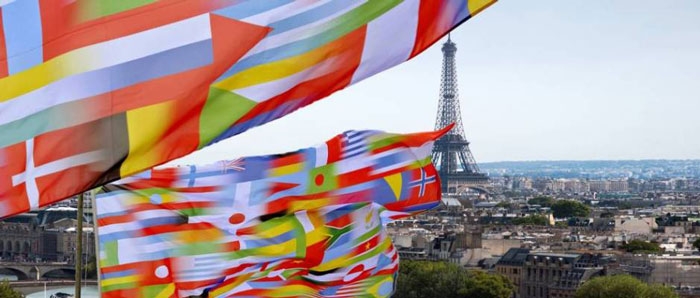The Paris Agreement IN December 2015, a landmark agreement was reached in Paris where more than 190 countries agreed to a unified approach to address climate change. This is after more than 25 years of meetings and negotiations. The Paris Agreement (under the United Nations Framework Convention on Climate Change-UNFCCC) makes some fairly important commitments that surpassed previous international climate change deals. Governments now agree to control global temperature rise to below 2 degrees C and to do everything possible to limit the temperature increase to 1.5 degrees C. Parties to the Agreement will need to submit their nationally determined contributions (commitments) under the UNFCCC article 3.
These commitments will be reviewed in 2018 to ensure that they are ambitious enough. Importantly these nationally determined contributions relate specifically to domestic emissions. On April 22nd, coinciding with Earth Day, a record 175 countries signed the Paris Agreement at the UN HQ. 15 of them submitted their instruments of ratification, including Fiji and some Pacific Islands. The Agreement requires 55 signatories and at least 55 per cent of global emissions to be represented by those ratifying the Agreement. It is to be noted that International Aviation and Maritime are omitted in the Paris Agreement….
…..to read more buy your personal copy at

